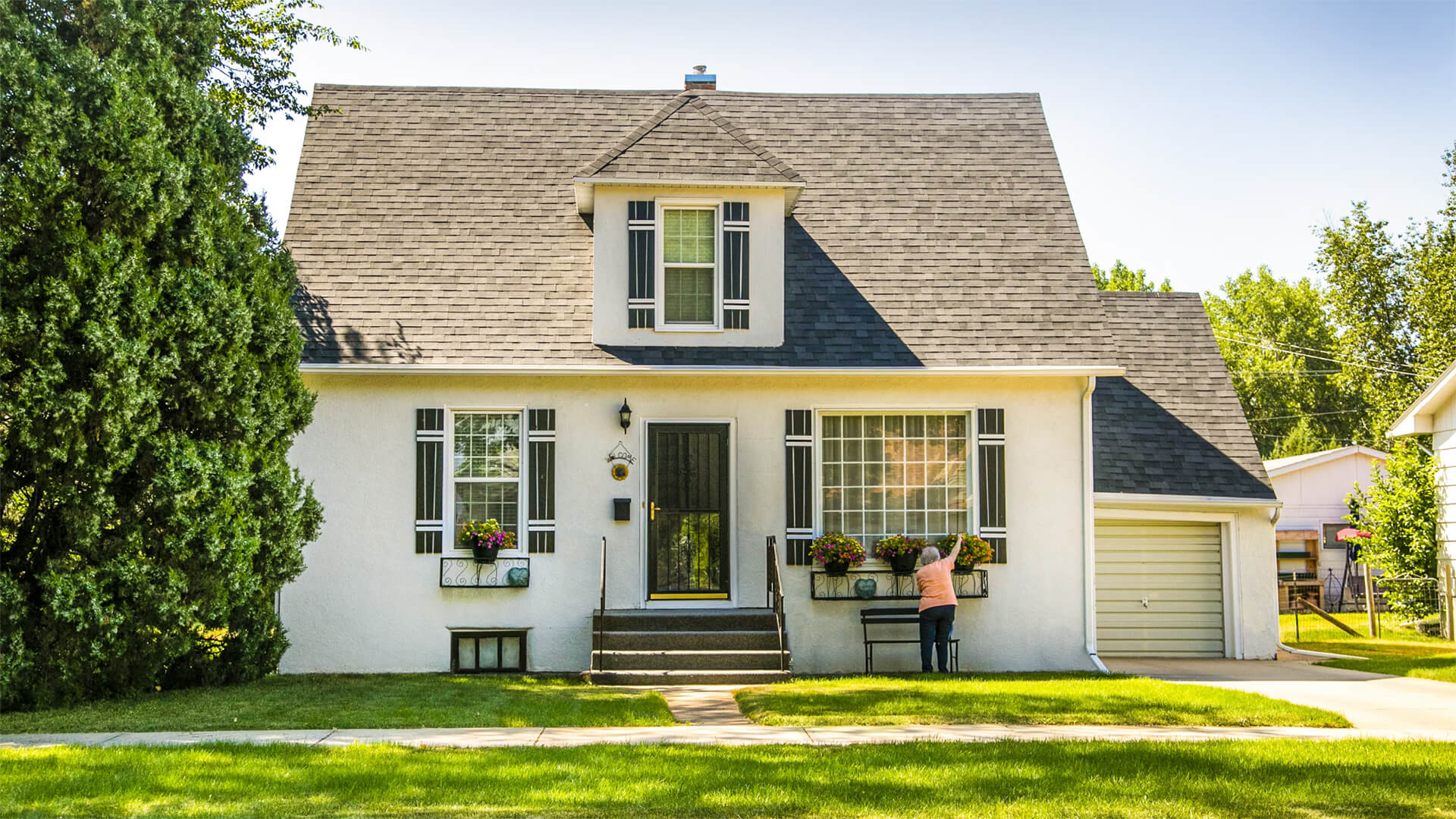Trump’s endless tariff policies will likely hit just about every corner of the American economy, but the US housing industry is poised to take a devastating blow.
Mortgage rates are higher, there’s a labor shortage, and material costs are on the rise, which all make the concept of homeownership less attainable. You would think that the aging population would help free up some of that real estate, but the boomers are aging in place, rather than downsizing or going to a retirement home.
So, if you already own a home…good for you! If you do not…I hear Van-life is all the rage right now!
Here at Zeihan on Geopolitics, our chosen charity partner is MedShare. They provide emergency medical services to communities in need, with a very heavy emphasis on locations facing acute crises. Medshare operates right in the thick of it, so we can be sure that every cent of our donation is not simply going directly to where help is needed most, but our donations serve as a force multiplier for a system already in existence.
For those who would like to donate directly to MedShare or to learn more about their efforts, you can click this link.
Transcript
Peter Zeihan here, coming to you from Florida, doing kind of an open ended series now on the effects of the tariffs on the US economic structure. And today we’re going to talk about housing. It is probably the sector that’s going to get hit hardest, with the exception of electronics imports. Both from the point of view of supply and from the point of view, of course.
So let me just run through it real quick. First of all, if you want to buy a house, you have to get a mortgage, unless you’re incredibly lucky and mortgage rates are going up for a couple of reasons. Number one, if the Trump administration does what it says it wants to do, it’s going to increase deficit spending by roughly 1 trillion US a year, which will put pressure on the debt market hugely.
And all those ten year Treasury bills the Treasury Department is going to have to issue, are going to add up and raise the cost of a mortgage because it’s based on the ten year Treasury. That’s number one. Number two, we were moving in this direction anyway. Most of the free capital in a system comes from a population of people aged 55 to 65, who haven’t yet retired but are preparing to.
Their incomes are very high, their expenses are low, and the difference between those two generally gets shoved away for the future because they know when they retire, they’re going to have to basically cash out of their high velocity investments. So stocks and bonds become T-bills and cash. Well, as of January of this year, two thirds of the American baby boomers, the largest generation we have ever had, have retired.
That liquidation has already happened. I’d argue that most of the reason we’ve seen a quadrupling in capital costs across the overall economy these last five years hasn’t been Covid. It hasn’t been Biden or Trump or the fed. It’s just been the boomers doing what you do when you retire. Well, that hits mortgage rates as well. And then we have Trump’s more specific policies, basically liquidating the migrant workforce.
Trump says he wants to send about half of at home, roughly 5 million people. Well, the industry that migrant workers are most likely to work in after agriculture is construction. In addition, we have tariffs on steel and aluminum, which are two of the four biggest components that go into home building, the other two being copper and wood, which are also under sanctions.
So all of the inputs that are necessary to build a house in the first place are seeing their prices go up even as finance goes up. And there’s one more angle to keep in mind if something happens to your car, if something happens to your housing, if you draw upon your insurance policy for rebuilding, you still need labor and steel and aluminum and copper and wood.
While you might not need wood for the car, but the rest of it. And so insurance premiums are probably going up 20 to 30% just this year, specifically because of new policies out of the federal government. Finally, the boomers themselves, unlike the generations that have come before, who move into smaller units when they retire, whether it’s an apartment or assisted living or something like that, boomers are far more likely to stay in their home and age in place.
And there’s nothing wrong with that. But what it does mean is the single largest concentration of homes that owned by the boomers is not getting freed up as part of this demographic turnover. And so if you are a millennial and especially, a member of generation Z, the quantity of housing simply isn’t there. The older generation is staying in place.
The newer construction costs more. The home insurance that you have to get to get the mortgage costs more. And the mortgage mortgage itself costs more. You add it all up and housing is just expensive and only going to get more. So we cannot build it fast enough. And even if we could, the components that go into it are more expensive than they have ever been relative to the average income in American history.
So if you happened to own your house, of course, this is all great news because we’re entering a higher inflationary environment, which will eat down the cost of your loan relative to your income. So if you were in a position where you have already established yourself, this is great. If you’re trying to get going. This is awful. And that is one more problem that we’re going to have with inequality down the road.








